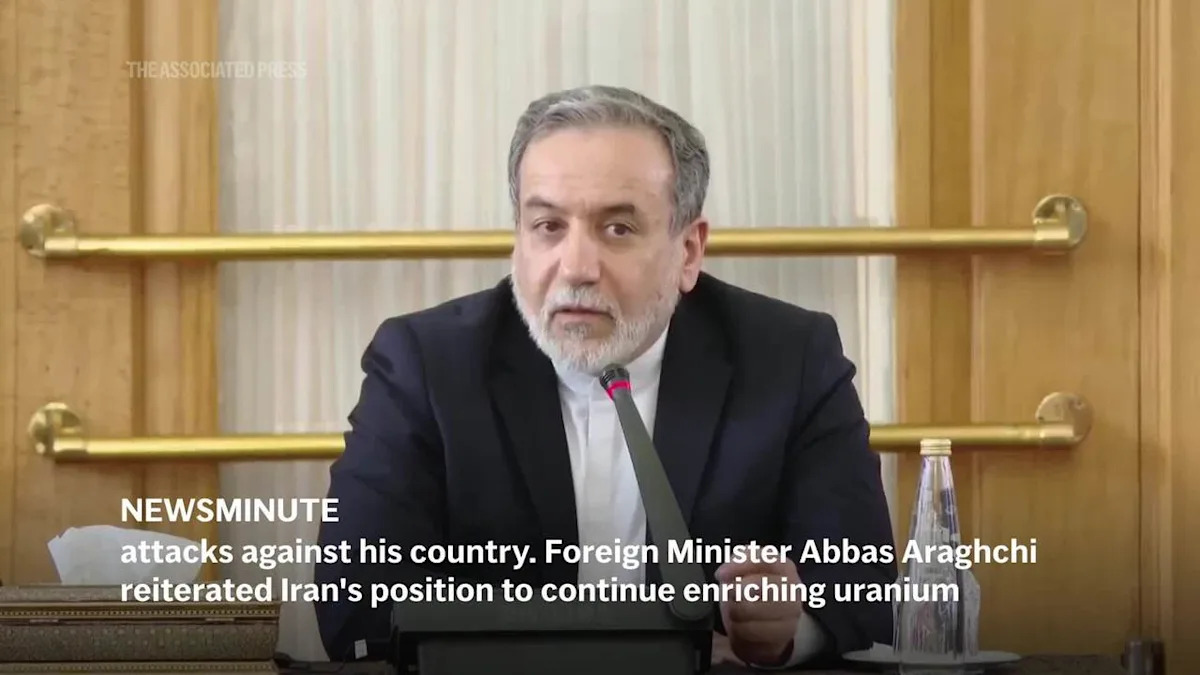After a two-year pause, Arizona is set to resume executions, a move that has sparked significant debate and raised concerns over the state’s revised execution procedures. As one of the few states that continue to implement capital punishment, Arizona’s decision is bound to draw both legal and ethical scrutiny. This article explores the developments surrounding the state’s decision to reinstate executions, the procedural changes, and the broader implications on the ongoing national debate on the death penalty.
Background: Arizona’s Suspension of Executions
In 2020, Arizona temporarily suspended executions following a series of high-profile issues with the lethal injection process. This decision came after a controversial botched execution in 2014, during which the condemned prisoner, Joseph Wood, took two hours to die due to complications with the administration of lethal drugs. The incident prompted widespread criticism and led to calls for a review of the state’s capital punishment procedures.
Since that time, Arizona has faced increasing pressure from both pro- and anti-death penalty advocates. The suspension, however, did not signify a shift away from the death penalty itself. Instead, it was seen as an effort to address concerns over execution protocols, particularly regarding the sourcing and administration of lethal injection drugs.
The Reinstatement of Executions
Arizona’s announcement that executions will resume in 2024 follows changes in how the state plans to administer capital punishment. The state has spent the last two years reviewing its protocols and seeking alternatives to the lethal injection method, which has become more difficult to carry out due to difficulties in obtaining the necessary drugs. Other states, such as Oklahoma and Alabama, have also faced similar issues in recent years.
What’s Changed in Arizona’s Execution Procedures?
As part of the revisions to its execution protocol, Arizona has opted to adopt new methods of administering lethal injections. In particular, the state has sought to improve the transparency of its procedures and to address concerns regarding the potency and sourcing of execution drugs. Some of the key changes include:
- New drug combinations: Arizona is considering using different drug combinations for executions, with the goal of ensuring a quicker and less painful death. One potential combination involves the use of fentanyl, a powerful opioid, which has become a focal point in the debate surrounding lethal injection drugs.
- Transparency in drug sourcing: The state has pledged to provide more transparency regarding where the drugs are sourced from and the identities of those involved in the execution process, a move intended to address concerns about the secrecy surrounding lethal injection procedures.
- Improved training for executioners: Arizona has also emphasized the importance of thorough training for the personnel involved in executions. This is intended to prevent complications like those seen in past cases where execution protocols were not followed correctly.
Legal and Ethical Concerns
Despite these revisions, Arizona’s decision to resume executions raises serious legal and ethical questions. The death penalty remains one of the most controversial issues in the United States, with strong arguments on both sides. Proponents argue that it serves as a deterrent to violent crime and ensures justice for victims and their families, while opponents highlight the risk of wrongful convictions, racial biases, and the inhumanity of state-sanctioned killing.
Concerns Over Wrongful Convictions
One of the primary ethical concerns surrounding the death penalty is the possibility of wrongful convictions. According to the Innocence Project, since 1973, over 180 people in the United States have been exonerated after spending time on death row. Arizona has had its own share of wrongful convictions, and the potential for irreversible mistakes continues to fuel opposition to capital punishment. Critics argue that no matter how carefully procedures are followed, the inherent risk of executing an innocent person remains too great.
The Role of Public Opinion
Public opinion on the death penalty is shifting, and Arizona is no exception. A recent survey conducted by the Pew Research Center revealed that 60% of Americans support the death penalty in some form, but that number has been steadily declining in recent years. Many states are moving away from capital punishment, with California, Oregon, and Pennsylvania placing moratoriums on executions in recent years. Arizona, however, remains committed to carrying out death sentences, albeit with a renewed focus on reforming its execution methods.
Broader Implications: The National Debate on Capital Punishment
The resumption of executions in Arizona is a microcosm of the broader national debate on capital punishment. While some states have actively sought to reduce the use of the death penalty, Arizona and others continue to support it. This divide reflects deep ideological, political, and legal differences across the country.
The Growing Push for Abolition
The trend toward abolition of the death penalty has gained momentum in recent years, particularly in states like Virginia, which abolished capital punishment in 2021. Advocates argue that the death penalty is outdated, expensive, and disproportionately applied to minority groups. They also point to studies showing that it has little to no impact on crime rates, with states that do not have the death penalty consistently seeing lower rates of violent crime.
International Perspectives on the Death Penalty
Globally, the trend has been overwhelmingly against the death penalty. More than two-thirds of countries in the world have abolished capital punishment in law or practice. The United States is one of the few Western democracies that still uses the death penalty, and this has attracted criticism from international human rights organizations. The European Union, in particular, has been vocal in its opposition to the death penalty, with many EU countries imposing trade restrictions on nations that continue to carry out executions.
Conclusion: Arizona’s Path Forward
As Arizona prepares to resume executions, the state faces a difficult balancing act. It must reconcile public demands for justice with the growing national and international opposition to capital punishment. The changes to Arizona’s execution protocols, while significant, may not quell the ethical and legal challenges that continue to surround the death penalty. The state’s actions will likely serve as a bellwether for the future of capital punishment in the United States, as more states reconsider their stance on this divisive issue.
The path forward for Arizona will require ongoing reflection and scrutiny. While some argue that the death penalty is an essential tool for maintaining justice, others contend that its flaws—ranging from wrongful convictions to its discriminatory application—make it a system that must be reexamined. As the debate continues, Arizona’s resumption of executions will likely remain a focal point in the national conversation on the death penalty.
For more information on the history and controversy of the death penalty in the United States, visit ACLU: Capital Punishment.
If you want to learn more about Arizona’s legal reforms, visit Arizona Central News.
See more NY Times Report



